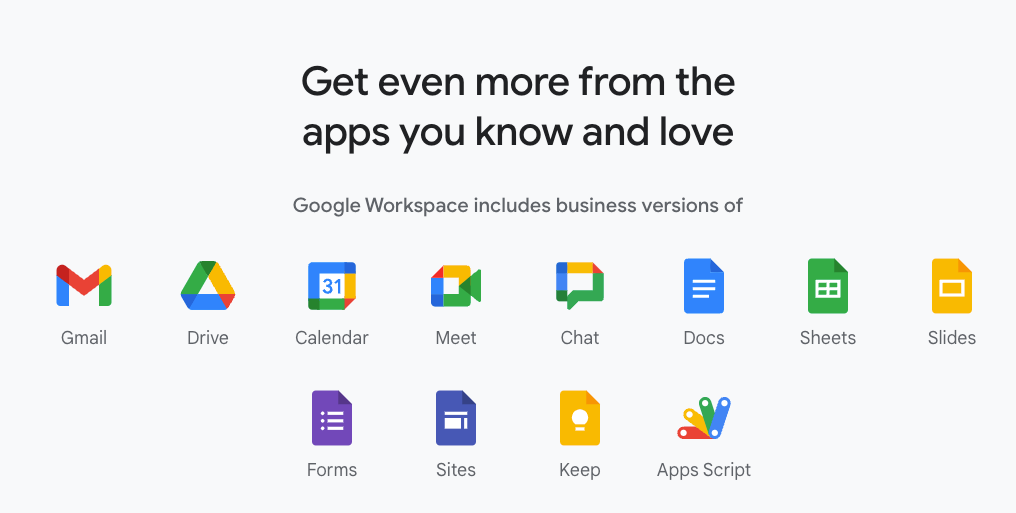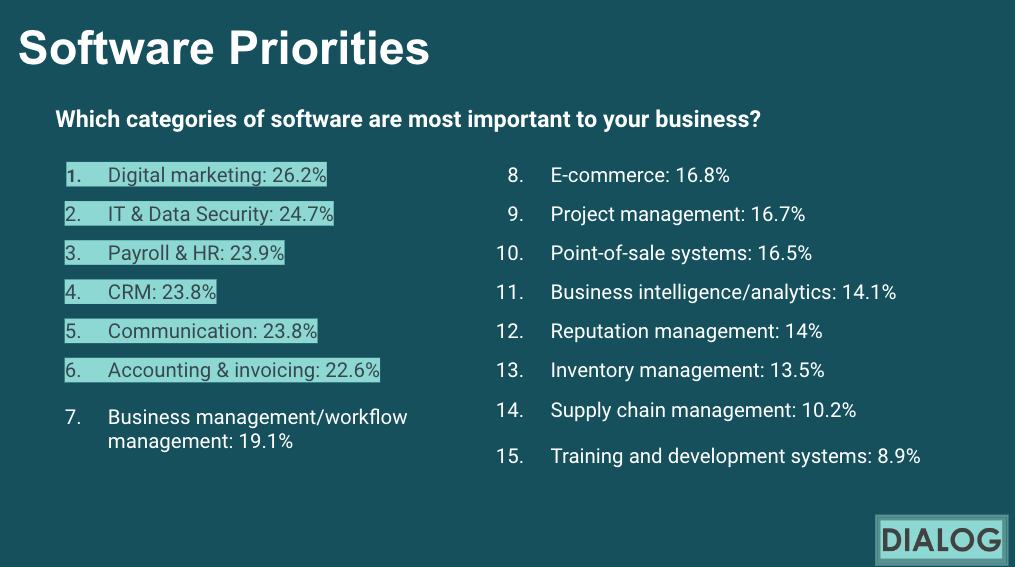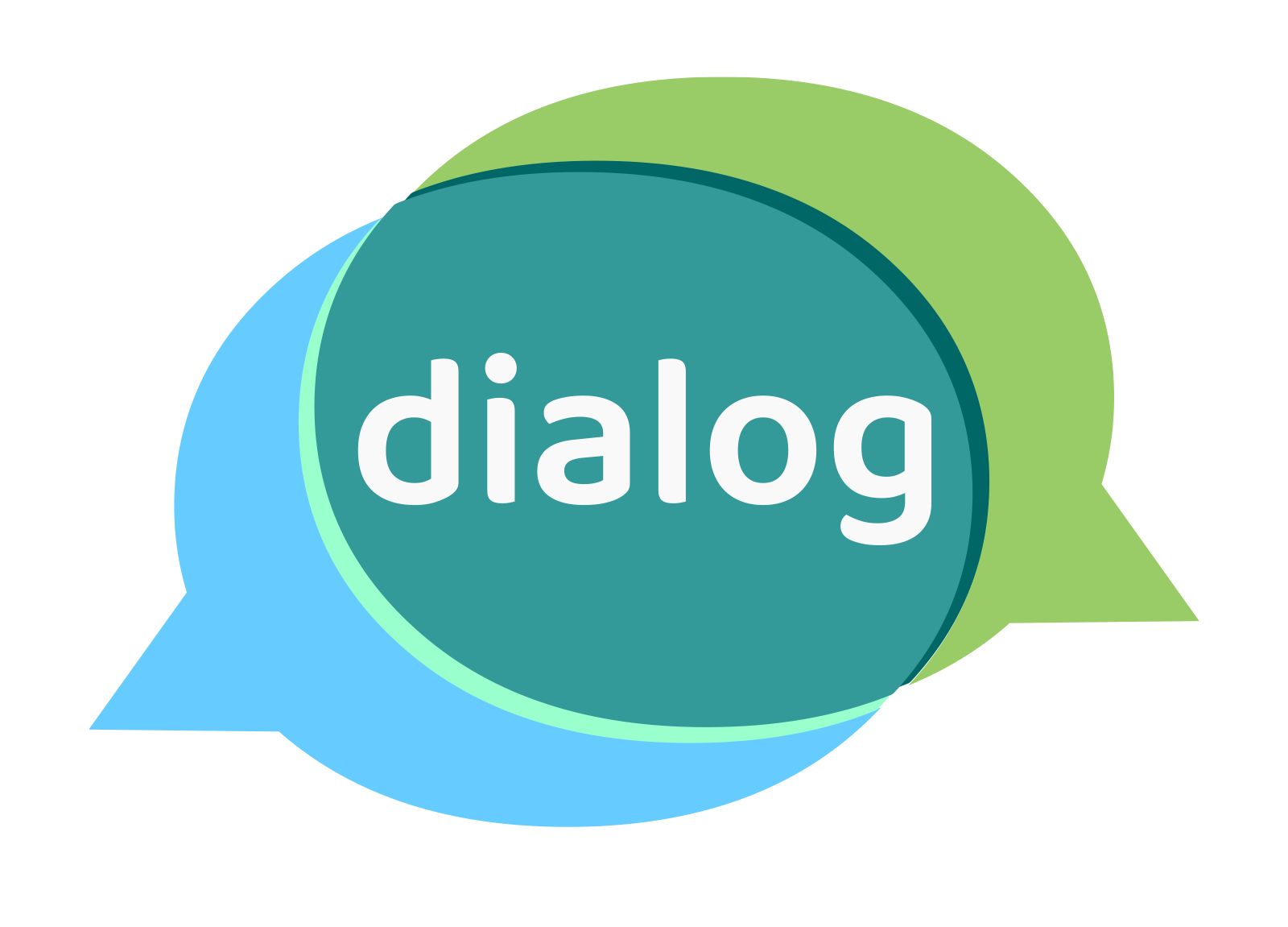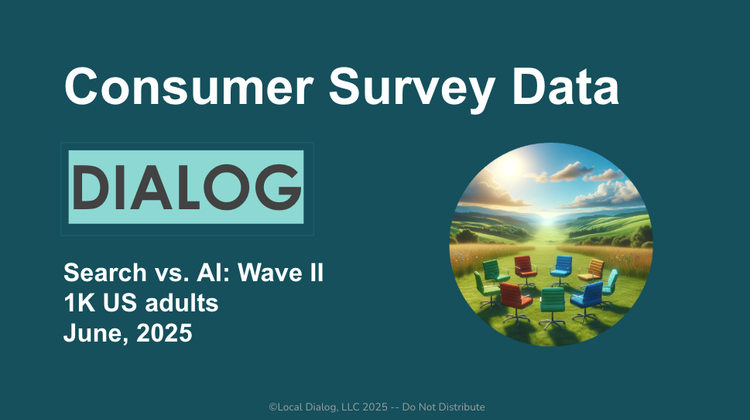Google Workspace: SaaS Disruptor?

Despite potential antitrust issues, Google still wants to buy Hubspot – currently valued at $31 billion. Hubspot offers a range of marketing, sales, content and CRM tools that Google currently doesn't possess.
The objective would obviously be to expand its portfolio, offer new products and capabilities to local businesses and, most importantly, grow revenue. All of this would then be integrated with Gemini and probably Google Workspace.
It's unlikely that the acquisition will happen. But it's not entirely out of the realm of possibility. If it did occur, Google would have a wide range of new capabilities to attract and retain marketers of all sizes, but especially local businesses – many of whom already use Gmail and Google Docs. Very quickly the company would be competing with many SaaS providers.
Google Workspace Ambitions
Regardless of whether the Hubspot deal is actually consummated, it's instructive because it points out Google's ambitions and potential product roadmap. We also saw some hints of that this past week at Google I/O in the discussion of Gemini integration into Google Workspace, the company's productivity suite.

People tend to think about Workspace as Google's answer to Microsoft Office/365. And maybe that's where it started. But it's really a multi-dimensional SaaS platform that Google continues to evolve and develop. It's already a big(ish) business for the company.
Workspace Revenue Opportunity
Google doesn't report revenues for Workspace, which is housed within Google Cloud. But Google Cloud generated more than $33 billion in full-year 2023 revenue and roughly $9.6 billion in Q1 2024. There are some third party estimates that nearly half of Google Cloud revenue is coming from Workspace, which are undoubtedly incorrect.
Business Insider says Google told it in 2023 that Workspace has "has over 9 million paying organizations." That would mean there are likely more today (let's assume 10 million).
Google officially says it has "over 3 billion users" of Workspace applications. Gmail and Google docs have more than a billion users each, most of whom obviously aren't paying customers.
Using the most popular Workspace pricing plan ($12 per month), we can infer that Google is generating a revenue floor of at least $1.4 billion annually. So there's a big upside in terms of paying users and revenues. Additional features and capabilities would help drive that growth.
By comparison, Microsoft Office/365 has 400 million "paying seats." Thus there are double-digit billions in potential revenue opportunity for Google Workspace.
Enter Gemini
During the Google I/O keynote the company made several Workspace related announcements. Vice President and GM of Google Workspace Aparna Pappu discussed Gemini integration into Gmail, Docs and other Google apps. She also spoke about various workflow automations Gemini made possible. And she showed how Gemini's "side panel" allows Workspace users to query emails and docs, plus extract and organize information (e.g., receipts, customer lists, email content). One practical example was automated extraction of receipts from emails into a spreadsheet and Google Drive folder.
The company also showed off a Gemini "virtual teammate" (think project management) and discussed future, more advanced experiences "to unlock new productivity." I immediately saw a SaaS roadmap that opens the door for Google to move into one or more of the following areas:
- Accounting and invoicing
- Booking and scheduling (more aggressively)
- Email marketing (with customer segmentation)
- Business intelligence/analytics
- CRM (certainly with Hubspot, but also without)
- IT and data security (to some degree)
- Project management
What Local Businesses Want
The slide below comes from our recent local business survey (n=1,000). The question was "Which categories of software are most important to your business?"
As you can see, the local business software priorities – digital marketing, IT/data security, CRM, email marketing, accounting, workflow management (and so on) – line up with potential areas of expansion for Google Workspace + Gemini, even putting aside Hubspot.

Google's Mixed Track Record
That doesn't mean it's going to happen. While there was a time when even the possibility that Google might do something made competitors tremble, the company has a track record of building unpolished products and not supporting them. Those products are then dropped if they don't outperform in terms of adoption or revenue.
So while there's a real chance that Google would use Gemini and build out new capabilities and compete in these SaaS categories, it remains uncertain. However, the financial incentives are there; and the company already has a huge installed base of non-paying users – millions of whom are small businesses.
Google could become a more formidable SaaS competitor, provided the company committed, focused and supported those products. We'll wait and see, but it's intriguing to consider.
The following video features the Google Workspace discussion at Google I/O.





